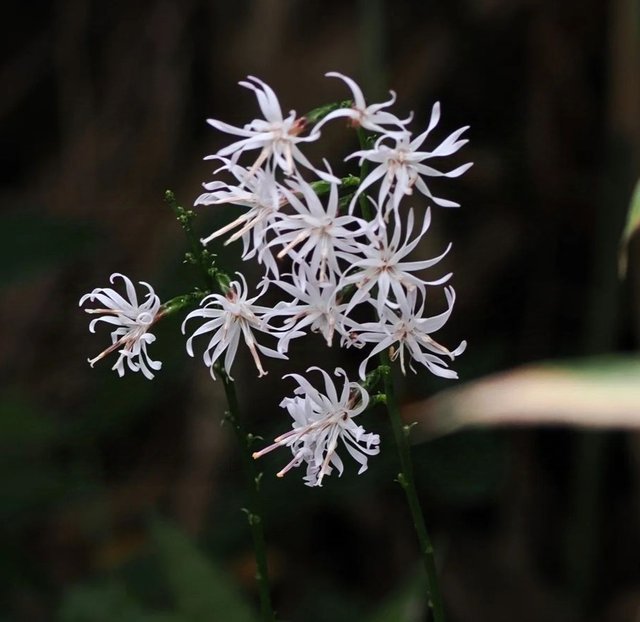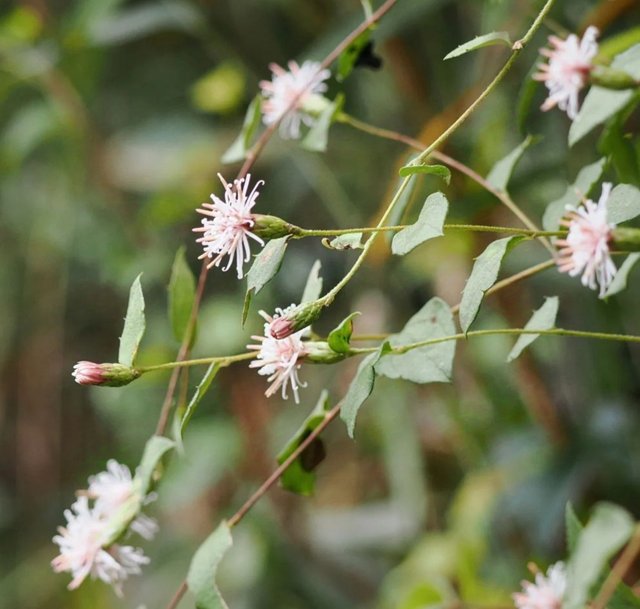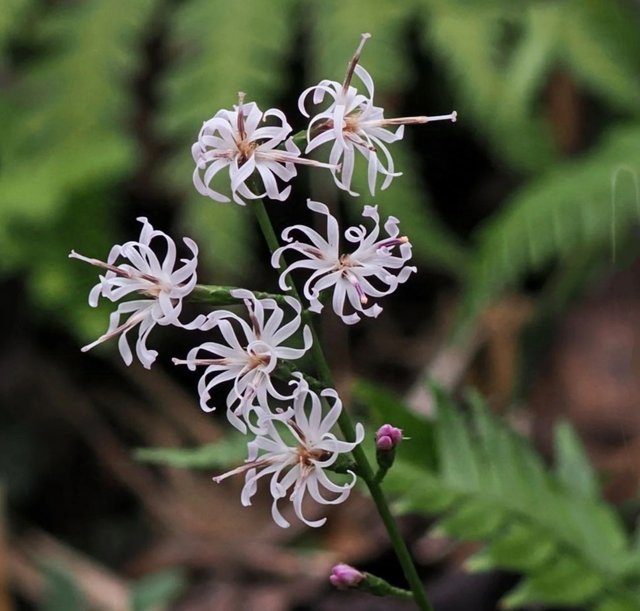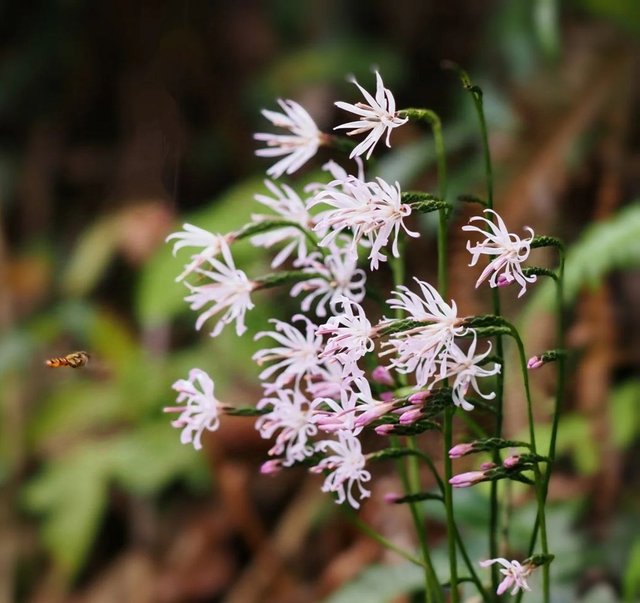Ainsliaea: A Unique and Underappreciated Genus of the Asteraceae Family
The world of botany is filled with fascinating plants that often go unnoticed, and Ainsliaea is one such genus that deserves more attention. Belonging to the Asteraceae family, this genus is composed of perennial herbaceous plants mainly found in East and Southeast Asia, with species scattered from Japan, China, Korea, and the Himalayas to other regions in Southeast Asia. Ainsliaea plants have unique characteristics that make them intriguing to botanists, horticulturists, and plant enthusiasts alike.
Ainsliaea: A Brief Introduction
Ainsliaea was named after George Ainslie, a British physician and botanist, in recognition of his contributions to botany in the 19th century. It includes about 50 recognized species, though the exact number varies as botanists continue to explore and redefine the classification of plants in the Asteraceae family. These plants are known for their diverse leaf shapes, distinctive flower structures, and adaptability to various environmental conditions, making them valuable in botanical studies and potential ornamental gardening.
Characteristics and Botanical Features
Ainsliaea plants generally have rosette-like basal leaves and slender stems with terminal flower heads. The leaves vary widely among species, from simple, ovate shapes to deeply lobed or serrated structures, adding to the genus’s morphological diversity. Ainsliaea flowers are small, usually white, purple, or pink, with unique petal arrangements that resemble a cross between daisies and thistles, but they tend to be less showy than typical members of the Asteraceae family.
One striking feature of the Ainsliaea genus is its inflorescence structure. Unlike many of their showier relatives in Asteraceae, Ainsliaea flowers are generally understated, often arranged in loose clusters at the end of the plant's stem. The florets are tubular, adapted for pollination by small insects like bees and flies. These delicate blooms, while subtle, bring a touch of elegance to shaded woodland gardens or naturalized plantings.




Device Information
| Device | Redmi Note 10 Pro |
|---|---|
| Location | Bangladesh |
